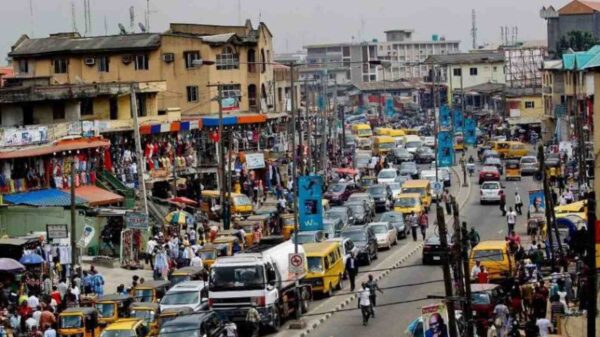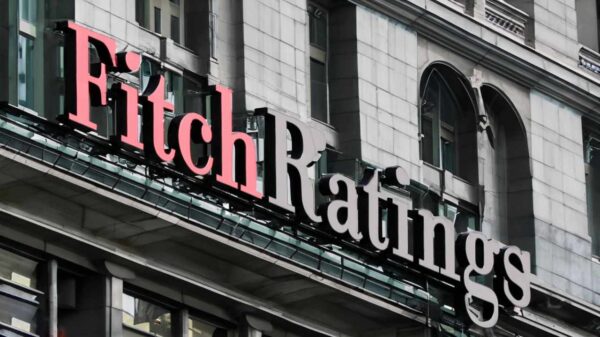The National Bureau of Statistics (NBS), recently published Nigeria’s capital importation report for the first and second quarter of 2021. According to the report, the nation received a sum of $875.62 million foreign inflows in Q2 2021, representing a significant year-on-year decline.
A cursory look at the data from the NBS and complimented with historic data from the CBN and Nairametrics Research, reveals that an important component of the capital importation report, foreign direct investment (FDI) fell to its lowest level in over 11 years,
Specifically, FDI dropped to $77.97 million in Q2 2021, indicating a 49.6% and 47.5% decline compared to $154.76 million and $148.59 million recorded in the previous quarter and Q2 2020 respectively.
The last time Nigeria recorded lower FDIs, was in Q1 2010 when it managed to attract foreign direct investments valued at $73.93 million.
According to the Organisation of Economic Co-operation and Development (OECD), FDI is an integral part of an open and effective international economic system and a major catalyst to a country’s development. However, Nigeria has failed to attract foreign investments in form of FDIs to its local businesses in recent times, which is a cause for worry especially for a country in dire need of an economic boost.

Most economies target increased FDI due to its importance in driving economic growth. Foreign Direct investment boosts the creation of jobs in the host country as investors build new companies in the country, which in turn leads to increased income, more purchasing power, and an overall boost in the economy.
However, the current state of Nigeria’s economy, ravaged by various structural, fiscal, monetary, and socio-economic issues has further dampened investors’ sentiments towards investing in the economy.
It is worth noting that a world bank report, released earlier in the year had projected a weak FDI trend for African countries in 2021. However, the reality of FDI investments in the current year remains far distant compared to the previous year, which was affected by the covid-19 pandemic, lockdown measures, and restrictions to movement.
Why the downturn in FDI?
According to a report by fDi Intelligence, a specialist division of the Financial Times, Nigeria has the highest number of tech startups, with most of them operating within the fintech industry, however, the country has failed in other areas.
The report outlined that despite the Lagos metropolis being renowned for its start-up ecosystem, there is a significant gap between the city’s tech ecosystem, its surroundings and the country at large, which suffers from chronically poor infrastructure and education, recurring political instability, and security issues.
This challenging environment according to the report prevents Nigeria from ranking high in any other specific category.
The Nigerian economy has been ravaged by a number of problems, ranging from macro-economic factors such as inflation, unemployment, ease of doing business to socio-economic factors such as banditry, kidnapping, and insurgency, hence affecting the sentiments of foreign investors towards the economy.
Backstory
Nairametrics reported earlier in the year, that Nigeria was among the top destinations in Africa for foreign direct investments between 2011 and 2020. Nigeria ranked second on the list with a net inflow of $45.1 billion only behind Egypt, which attracted $56.2 billion and one place ahead of South Africa with $41.3 billion.
Meanwhile, a report on global investment trends by the United Nations Conference on Trade and Development shows that FDI flows to Africa declined by 18% to an estimated $38 billion in 2020, from $46 billion recorded in 2019.
The reduction in direct investment was attributed to lower crude oil prices and the closure of oil development sites at the start of the pandemic due to movement restrictions.


















































You must be logged in to post a comment Login